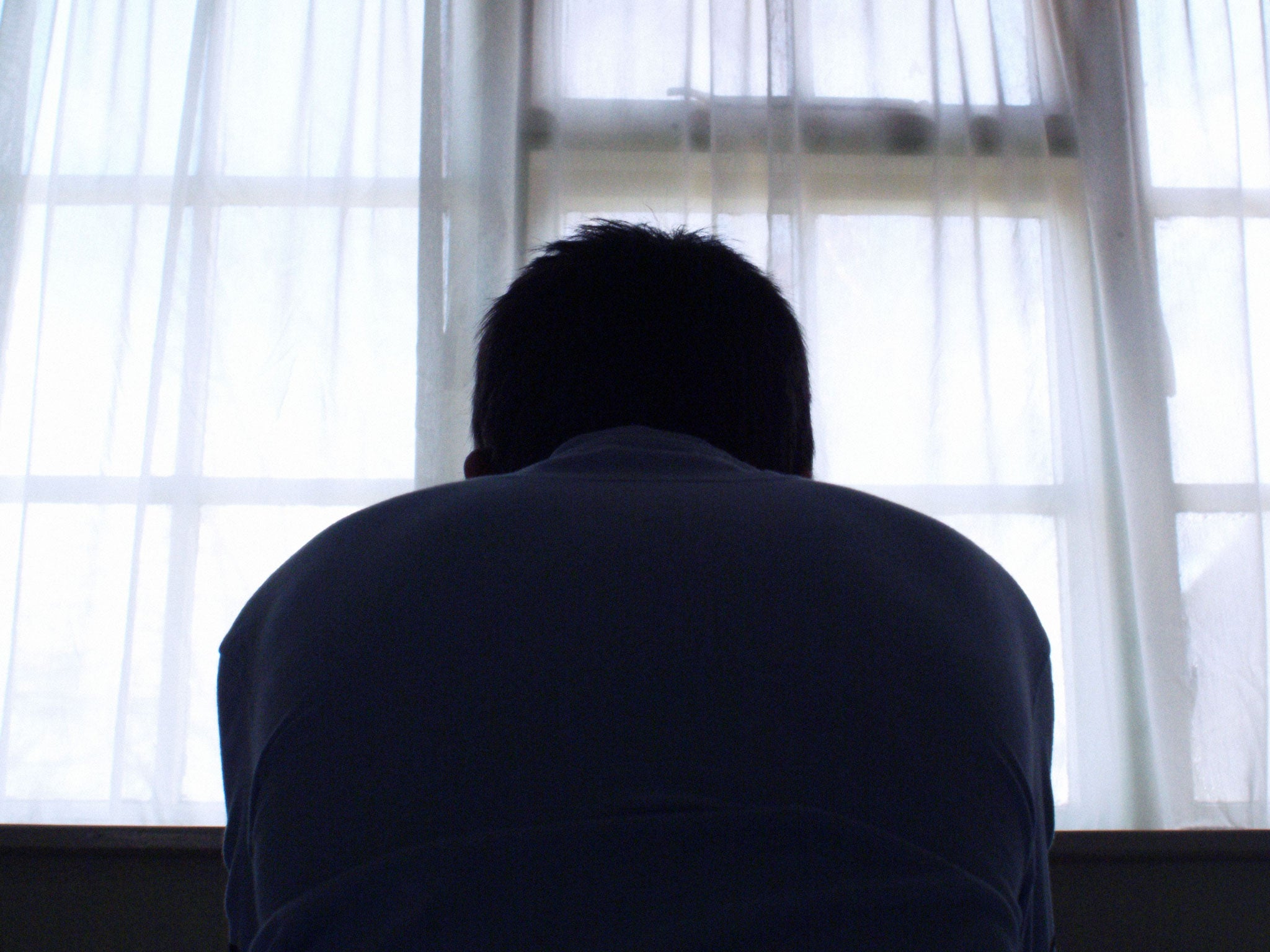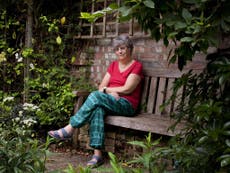Yasmin Alibhai Brown: We must wake up to the silent suffering afflicting too many young men
Today, males under 40 are three times more likely to kill themselves than women

We were discussing terrorism at a private seminar two weeks ago when one of the attendees – an academic – wondered aloud whether jihadis had found their own way of expressing grave and growing male despair: “They go off to kill others, while here in the UK an unprecedented number of men under the age of 40 are killing themselves. Do both these come from the same source?” The question stunned us all. It was bold, astute, lateral and exposed the inadequacy of the national discourse on terrorism.
Muhammad Mehdi Hassan, only 19, was killed in Syria this week. Like three other young men who have also died in those killing fields, he was from Portsmouth. Many such Muslims appear to have gone out to help Syrian people caught in the bloodiest of civil wars. Then some got in with Isis, while others took up arms to fight the bad guys, whoever they are. A number British Muslims want to come back home, but can’t because Isis makes them stay on pain of death. And, besides, they know they would be imprisoned upon return.
In most cases, the families are shocked and traumatised. Imagine how Hassan’s mother feels. They sent him to a private school hoping he would make them proud. Now they have to mourn, feel guilt and be accused by those around them. They have no help groups and worse, are seen as pariahs.
Meanwhile a reader, Lucinda (not her real name), emailed me last week. She is alarmed at the way her leftie, liberal friends are now vehemently anti-Muslim and think that such parents are liars or should know what their children are up to. Parents of young white men who commit suicide are similarly disbelieved or blamed. The guilt, the silent accusations, circulate around them: “How could they not have seen the signs? Why didn’t they do something to help him?”
Female suicides have gone down since 1981, while male suicides are up. Today, males under 40 are three times more likely to kill themselves than women in the same age group. Suicide is the biggest cause of death among men under 35. Though most are from the lower socio-economic groups, over the past decade sons of politicians, judges, and other professionals have killed themselves.
Janet Cosgrove, who now volunteers with Survivors of Bereavement by Suicide, still can’t believe her son William stabbed himself to death 11 years ago. They had shared a takeaway, watched TV the night before. His note said: “I just don’t want to be here any more.”
That must be how many of the other men felt when they could not go on – when they didn’t want to wake up to another day. And that, I suggest, could be one factor pushing jihadis, too. Brian Jenkins, a counter-terrorism analyst at the American Rand Corporation’s National Defence Research Institute, believes many of those young, impressionable men could be mentally ill, or are individuals “facing personal crises and having trouble coping”.
We must condemn what they do, but at the same time find out what is going on in their impenetrable minds. A retired, respected expert from the intelligence services told me on Thursday at a YouGov conference in Cambridge that jihadis who wanted to come back should be allowed to do so – and then helped. They are disturbed, restless men who need to be brought back into society.
The problem, however, is way bigger than that. Our nation has neglected the pain of young men for far too long. Why are so many giving up on society and their futures? The feminist instinct is to damn males, not to understand them. That can’t be right. After all, we have sons too who could one day either destroy others or themselves because they find life impossible. Feminism made great strides, but we have not thought about the unintended effects of this movement that I wholly support.
Leaders who run our society, politics and economics must interrogate themselves. Some of the men from privileged families who committed suicide felt like failures and losers as they weren’t top achievers. The less well-off are made to feel as if they don’t matter at all, in this fast and materialistic nation where the winner takes all.
Old assumptions persist. Boys don’t cry. They must man up. And new assumptions are just as bad: you are what you have, and furious ambition makes you a man. In this environment, men can find it harder to talk about feelings or ask for help. Within too many Muslim families, authoritarianism rules and adds further pressures.
I thank the academic who made me think about the connections between Islamists and those who feel they are no use to anyone and therefore must die. Humans are more alike than we ever care to admit. The destruction and self-destruction will only get worse unless we collectively try to save young men from themselves.
Twitter: @y_alibhai
Time for the young to discover the joys of Joni Mitchell
The young have rediscovered Fleetwood Mac, Jimi Hendrix and Bob Dylan, but not, it seems, Joni Mitchell, the greatest of them all, the chanteuse of love and loss. Joni’s star in the galaxy doesn’t shoot or burn, but sparkles.
Morrissey and Prince are fans; Dylan, Leonard Cohen, Warren Beatty and Jack Nicholson are among her past lovers. And still she kept her head and heart. She doesn’t do glam or gyrations. It is in the voice, which ranges high and low, and in lyrics which are profound reflections or tell stories about her life – the mistakes, disappointments, risks, joys and ecstasy, belonging, exile. The songs are both intimate and universal.
My ex-husband bought me Blue, a collection of her most poignant songs, in 1972, the year we got married. I had heard her first album Song to a Seagull and was smitten. We didn’t know then that 17 years later he would leave, and Blue would be played again and again by his grieving wife. When I listen now, that lost love comes back. The other albums are just as powerful.
Both Sides Now, a collection of interviews with Mitchell, has just been released, along with a box set of her albums. I hope she reaches millions of people who don’t know what they have missed all these years. This is what I want for Christmas. And several boxes of tissues.




Join our commenting forum
Join thought-provoking conversations, follow other Independent readers and see their replies